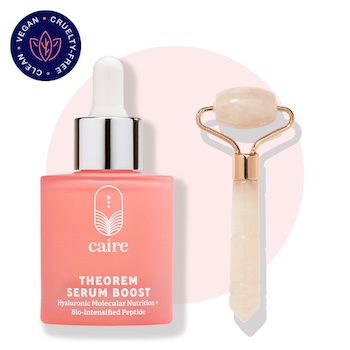Menopause is a significant phase in our life, bringing various changes and challenges. But, with recent developments in menopause management, there’s renewed hope and better options for those of us navigating this transition. Here we’ll recap the latest research and tools that are reshaping the approach to menopause care.
Reassessing Hormone Therapy: A Safer Approach
For years, hormone replacement therapy (HRT) was a mainstay in treating menopause symptoms, but concerns about cardiovascular risks led to a decline in its use. Recent studies, however, have shed new light on this approach. Research shows that HRT can be safe when tailored to individual factors such as age, time since menopause, and cardiovascular disease risk. This finding opens doors for many women to potentially benefit from HRT, particularly those with low to moderate cardiovascular risk.
The Call for Individualized, Holistic Treatment
After diving into over 70 years of research on menopause, it’s become evident that a one-size-fits-all treatment approach just doesn’t cut it. Every woman’s experience with menopause is different, and that calls for personalized treatment plans. It’s not only about tackling the usual menopause symptoms, but also addressing the broader systemic changes happening in the body. Another interesting shift in perspective is how we define menopause. The experts are leaning towards a definition that centers on the end of ovarian function, not just the cessation of menstruation. This broader view is especially relevant for those who have irregular periods, are using certain contraceptives, or have undergone a hysterectomy. It’s a more inclusive and accurate way of looking at menopause.
Updated Toolkit for Menopause Management
The updated 2023 Practitioner’s Toolkit for Managing the Menopause, developed by Monash University and endorsed by international menopause societies, is a game-changer. It offers the latest guidelines for treating menopausal symptoms, including new medications like Veozah (fezolinetant) for hot flashes and ospemifene for painful sex. Importantly, the toolkit advises against using HRT for cognitive symptoms or clinical depression, emphasizing the need to treat these conditions separately.
Empowering Women with Knowledge and Options
These developments in menopause management are not just about new treatments but also about empowering women with knowledge and choices. Understanding these latest updates enables women to have informed discussions with their healthcare providers, ensuring that their menopause journey is as comfortable and healthy as possible.
Looking Ahead
As we continue to advance in our understanding of menopause, it’s crucial to keep abreast of new research and recommendations. There’s hope ladies! These latest developments are a step in the right direction, offering hope and improved quality of life for many experiencing menopause.
The landscape of menopause management is evolving, with new research, treatments, and tools offering more options and a better understanding of this life stage. As always, consult with healthcare professionals to explore these new avenues in your menopause journey. Stay informed and empowered.












